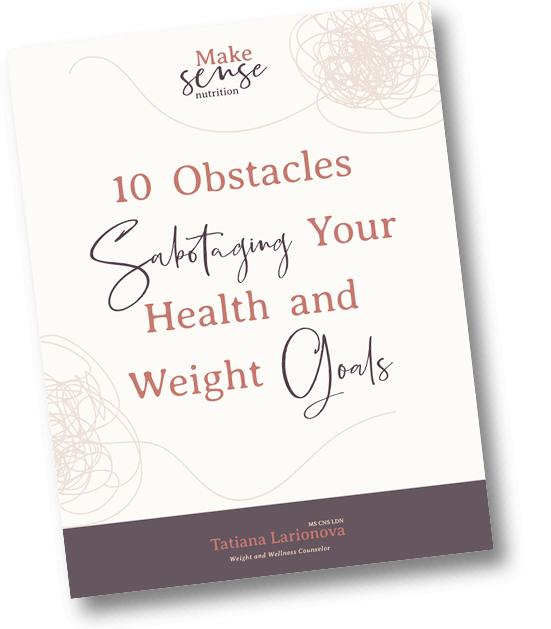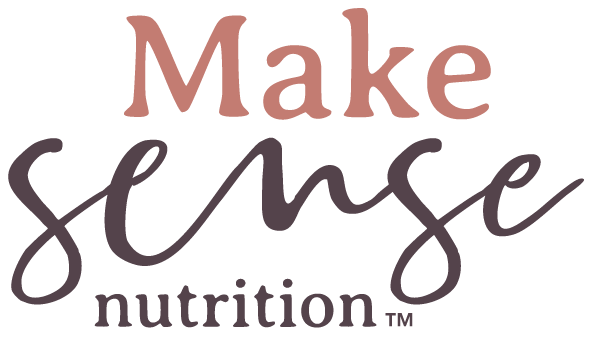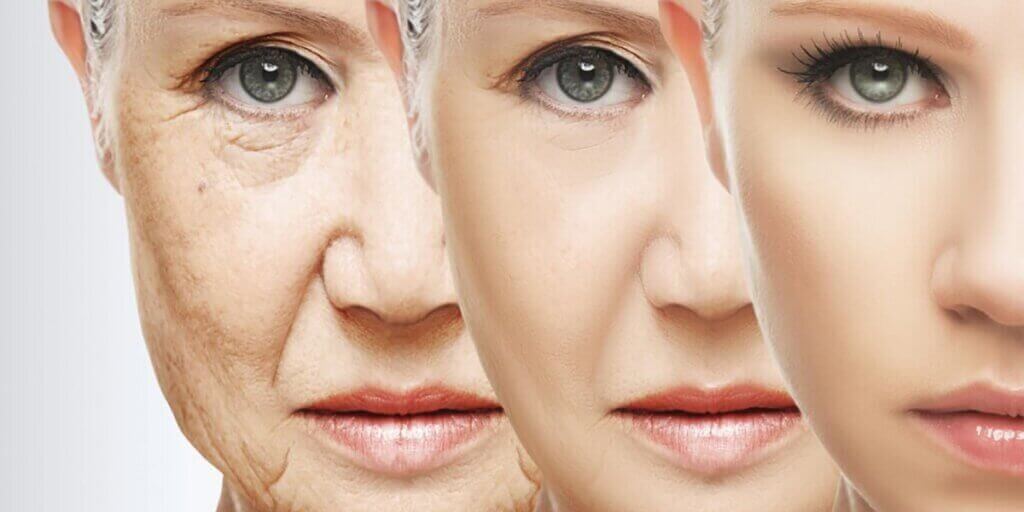Blog
How practicing self-care can help reduce non-hunger and emotional eating
 Non-hunger eating often (but not always) refers to emotional eating. The type of eating we’d engage in when we are sad, happy, angry, anxious, frustrated, bored, depressed, etc. Its sole purpose is to soothe the emotion if it’s a hard one to handle – like sadness or frustration; or to commemorate it – when we are happy; or to brighten it up, as in the case of eating out of boredom. I’d like you to note that this intro here is for the explanatory purposes only, it is in no way judgmental of emotional eating! We all do it, some more than others. We often scold ourselves for doing it. But the fact is – there’s no moral value attached to it. Either you do it or not – it does not make you a worst or better person. What it could do, however, when used too often as a “shoulder to cry on” – through developing neural pathways in your brain and forming a habit that sticks, it can sabotage your weight goals, cause you digestive discomfort and lethargic feelings, contribute to developing insulin resistance (which will make it even harder to lose weight – if that’s what you are after, or simply set you up on a path to type 2 diabetes). I don’t want to scare you, it is not all that dramatic, provided your emotional eating episodes don’t happen often.
Non-hunger eating often (but not always) refers to emotional eating. The type of eating we’d engage in when we are sad, happy, angry, anxious, frustrated, bored, depressed, etc. Its sole purpose is to soothe the emotion if it’s a hard one to handle – like sadness or frustration; or to commemorate it – when we are happy; or to brighten it up, as in the case of eating out of boredom. I’d like you to note that this intro here is for the explanatory purposes only, it is in no way judgmental of emotional eating! We all do it, some more than others. We often scold ourselves for doing it. But the fact is – there’s no moral value attached to it. Either you do it or not – it does not make you a worst or better person. What it could do, however, when used too often as a “shoulder to cry on” – through developing neural pathways in your brain and forming a habit that sticks, it can sabotage your weight goals, cause you digestive discomfort and lethargic feelings, contribute to developing insulin resistance (which will make it even harder to lose weight – if that’s what you are after, or simply set you up on a path to type 2 diabetes). I don’t want to scare you, it is not all that dramatic, provided your emotional eating episodes don’t happen often.
What do you do to avoid or lessen the occurrences of emotional eating?
First, it helps to recognize whether you are physically hungry or reaching for food to vent.
While physical hunger develops overtime and you know it’s there because your stomach is asking for food – it might start growling, make you feel its emptiness. I personally know that I’m physically hungry when I get a light burning sensation in my stomach along with craving a substantial meal; if you offer me a cookie or a granola bar – I’d turn it down, that kind of food does not appeal to me at all, if I know I can get a savory hot meal.
Emotional hunger strikes out of nowhere. From one moment to the next you, all of a sudden, need a brownie, or a piece of cheese, or whatever else. Or if you are doing something you are not particularly fond of – that happened to me a lot in school, when I had to study for a test. To distract myself I’d detour to the fridge and pop a couple carrots in my mouth only to find myself later going through the cupboard and polishing of the shelves with cookies, crackers and so on.

I also found that trying to convince myself not to do it, calling on my will-power and self-control to rescue, did not help. It only made matters worse by leading me to conclude that I have no will-power or self-control, and that I’m not a worthy human being, since I’m so weak and non-trustworthy. Wow, makes me look like a criminal. For eating??!! (By the way, let me tell you, it took a lot of courage to open up and share my personal struggles, woo hoo!)
We have to realize that our emotions or situations that prompt us to eat out of non-hunger reasons will not change or go away. So, in order to solve the problem here, we need to change the way we look at it.
Next time when the urge to eat comes up and you know you are not hungry, ask yourself:
“What would it take not to eat right now?”
The answer to it is individual and depends on the reason driving you to eat. This question would also help you approach the situation mindfully – recognize the feeling or emotion you are having, realize that this is exactly what is driving your emotional hunger and then decide what to do about it. Sometimes the answer will be “There’s nothing in this entire world that will stop me from eating now!” And in this case, you will eat, but at least you’ve tried to see what else you could do; now you are being mindful of your actions. It’s ok, you are not a criminal, eat, for God’s sake! Might as well enjoy your food now, not just gasp it in.
Or the answer will be “Maybe, just maybe if I go for a short walk – around the office, the block or just down the street, I will not want to eat when I’m back”. So, you do that, which is not only a type of distraction and change of scenes, but also a powerful physiological cue to prevent or stop non-hunger eating. Moving your body will divert blood circulation from your internal organs (think gastrointestinal organs) to your working muscles, thus suppressing your appetite (even the non-hunger one) through hormonal and neural adaptations. And you don’t have to exert yourself, all it takes is a 10-min walk, no gym shoes required.
Give yourself some love! What would it really take not to eat right now? What do you really, really want right this moment??? A new pair of shoes? Some cream on your dry hands? And a manicure with it? Play with your hair, or a new do? A massage? A compliment? You are gorgeous! Simple self-care practices might just be what you are missing and need to add to your daily life to shift your perspective from eating to distract yourself to self-soothing through a multitude of ways to give yourself what you really need.
In today’s high-paced life with all the responsibilities and stress, we often forget about our essential needs – not food, water and air, but all other needs that make us human. We need to relax and take a good care of ourselves. Show ourselves love, appreciate our bodies for all they are doing for us – moving us and giving us pleasure from touch, sensations of real hunger and joy of food, jogging to the music we love, stretching to great lengths.
As you practice self-care and do things your body and mind really need, the neural pathways in your brain will strengthen and create new habits, breaking the bonds and wiping out the old ones, like emotional eating. You won’t need your will-power or self-control to help you with your non-hunger eating, because physiological adaptations in your brain through a process called neuroplasticity will do it for you. All that is required from you is be mindful and non-judgmental of your actions.
Check oUT OTHER RECENT POSTS
Diet Diversity Matters
How Nutrition Effects Skin


Hello, I’m Tatiana. I am a Licensed Dietitian Nutritionist and a Certified Nutrition Specialist.
I help people
- normalize their relationships with food,
- peel off the layers of misunderstood physical, nutritional and emotional needs,
- lose weight as a side effect of finding peace with food,
- stop obsessing about food and
- start living the freedom!

FREE DOWNLOAD
What stops you from getting in your best shape?
- Do you spend hours searching for the latest, most effective diet?
- Are you exhausted from using up so much energy and mental space on dieting and weight solutions?
- Are you uneasy around food and can’t seem to trust yourself to eat just enough for your body?
- Do you deal with challenges getting in the way of your healthy eating goals?
I’ve compiled this free tool - a list of 10 Obstacles Sabotaging your Health and Weight Goals that will help you pinpoint challenges you are dealing with that stop you from moving forward.



